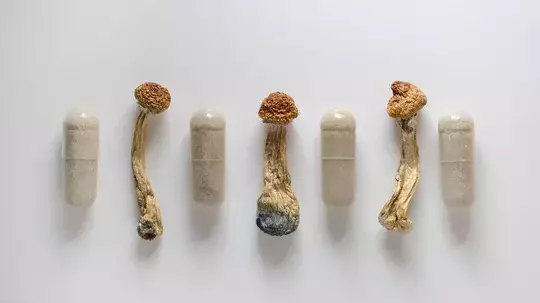The COVID-19 pandemic has had a significant impact on our views of mental health. Prior to the pandemic, mental health was often stigmatized, and seeking mental health support was often seen as a sign of weakness or failure. However, the pandemic has brought mental health to the forefront of public attention, highlighting the importance of addressing mental health issues and reducing the stigma around seeking help.
One of the ways that the pandemic has changed our views on mental health is by increasing awareness of the emotional toll that the pandemic has taken on individuals and communities. The pandemic has brought about significant changes to our daily lives, such as social isolation, financial stress, and increased anxiety about health and safety. These challenges have led to an increase in mental health issues such as anxiety, depression, and PTSD, among others. The pandemic has highlighted the importance of prioritizing mental health and seeking help when needed. Additionally, the pandemic has led to increased availability and acceptance of telehealth services, which have made it easier for people to access mental health support from the comfort of their own homes. This has increased accessibility to mental health services and has reduced some of the barriers that have prevented people from seeking help in the past.
The psychedelic medicine movement
The psychedelic medicine movement has brought about significant changes in mental health treatments in recent years. Here are some ways that the movement has impacted mental health treatments:
- Increased research: The psychedelic medicine movement has led to increased research on the use of psychedelic substances, such as psilocybin and MDMA, for the treatment of mental health conditions such as depression, anxiety, and PTSD. This research has provided evidence for the potential effectiveness of these substances in treating mental health conditions, and has led to increased interest in using them as part of mental health treatments.
- New treatment options: The research on psychedelic substances has led to the development of new treatment options for mental health conditions. For example, ketamine has been approved by the FDA for the treatment of depression, and MDMA-assisted psychotherapy is currently in clinical trials for the treatment of PTSD.
- Holistic approaches: The psychedelic medicine movement has also brought about a shift towards more holistic approaches to mental health treatment. Many psychedelic therapies involve a combination of the substance itself, psychotherapy, and other supportive practices such as mindfulness and meditation. This approach recognizes the interconnectedness of the mind, body, and spirit in mental health, and provides a more comprehensive treatment approach.
- Reduced stigma: The psychedelic medicine movement has also helped to reduce the stigma around mental health and mental health treatments. By bringing attention to the potential benefits of psychedelic substances, the movement has helped to shift public perceptions of mental health treatments and increase acceptance of alternative therapies.

New hope
Overall, the psychedelic medicine movement has brought about significant changes in mental health treatments, including increased research, new treatment options, more holistic approaches, and reduced stigma. While there is still much research to be done and many challenges to be addressed, the movement has provided hope for new and innovative treatments for mental health conditions.
Balanced Body Functional Medicine is now offering Ketamine IV’s for the treatment of depression, anxiety, and PTSD. Patients have the option of working with their own therapist or one that we recommend who has experience with ketamine treatments. There is also the option to not use any therapist at all.
In honor of Mental Health Awareness Month we are offering our 21 Day Mindfulness program for free. This is normally $49. Please give us a call if you have any questions or would like to schedule a consultation with Dr. Julia Ward.
Have a question?Schedule a consultation with Dr. Julia Ward now
Fill the form below and a member of our team will reach out to you. Alternatively, during our working hours, click the number below to talk to us now.

